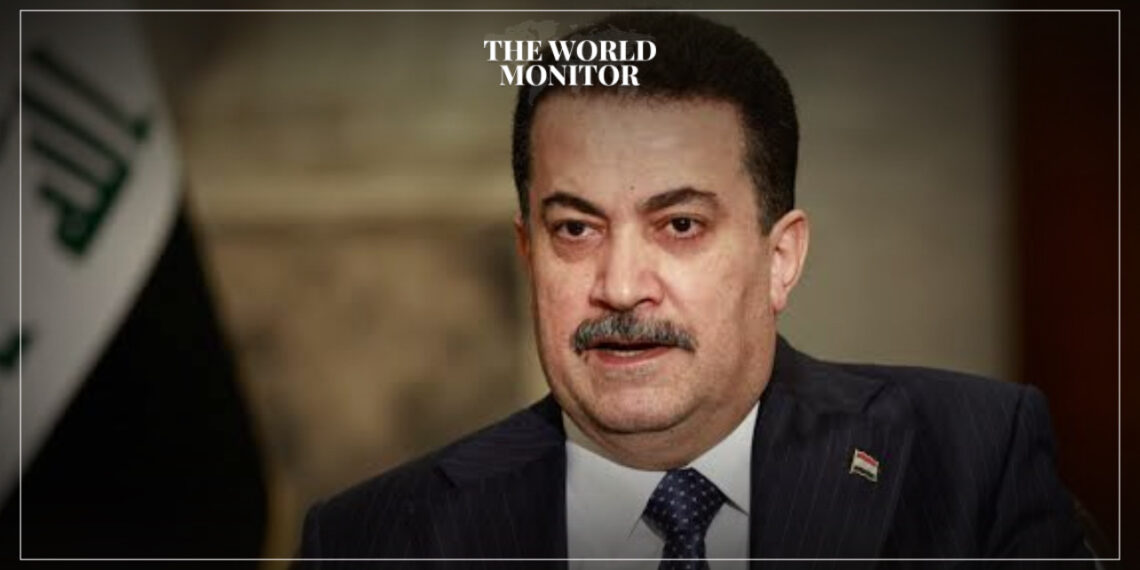Iraqi Prime Minister, Mohammed Shia al-Sudani, has directed the deployment of Iraqi medical teams and emergency units to Lebanon. The official spokesperson for the Iraqi government, Bassem al-Awadi, stated on Tuesday – as reported by the Iraqi News Agency – that “the Iraqi government is closely monitoring the serious security developments in Lebanon, including the Zionist cyber-attack which resulted in the martyrdom and injury of many civilians.”
Al-Awadi added, “These events, along with other ongoing threats and assaults committed by the occupying entity, and the threat of a large-scale war on Lebanon, necessitate urgent international intervention to prevent the situation from escalating into a broader war that has already targeted the people of Gaza Strip for months, as well as civilians in the West Bank and southern Lebanon, causing them tragedies without any deterrence to the occupying army from executing its expansionist and occupation plans.”
He continued, “The Prime Minister of Iraq, Mohammed Shia al-Sudani, has ordered the dispatch of Iraqi medical teams and emergency units to brotherly Lebanon, to provide urgent assistance as swiftly as possible to alleviate the suffering of the injured innocent civilians.”
The recent attack attributed to Israel against Hezbollah involved a large-scale operation targeting pagers carried by Hezbollah members, which exploded and resulted in significant casualties. This incident occurred in Lebanon and caused the deaths of at least 12 people, with nearly 3,000 others injured due to the blasts. The attack has been widely reported as part of an escalation in the ongoing conflict between Israel and Hezbollah, adding further tension to the already volatile situation in the region.
The explosions are said to have been caused by devices embedded within the pagers, which Hezbollah had recently received. The timing and coordination of the explosions suggest a well-planned operation, possibly aimed at incapacitating a significant number of Hezbollah’s operational personnel. This event marks one of the biggest security breaches for Hezbollah in recent times.
The repercussions of the attack have been widespread, with various regional actors condemning the violence and expressing solidarity with Lebanon. The Lebanese government and health services are currently dealing with the aftermath, addressing the high number of injuries and the broader implications for regional security.






